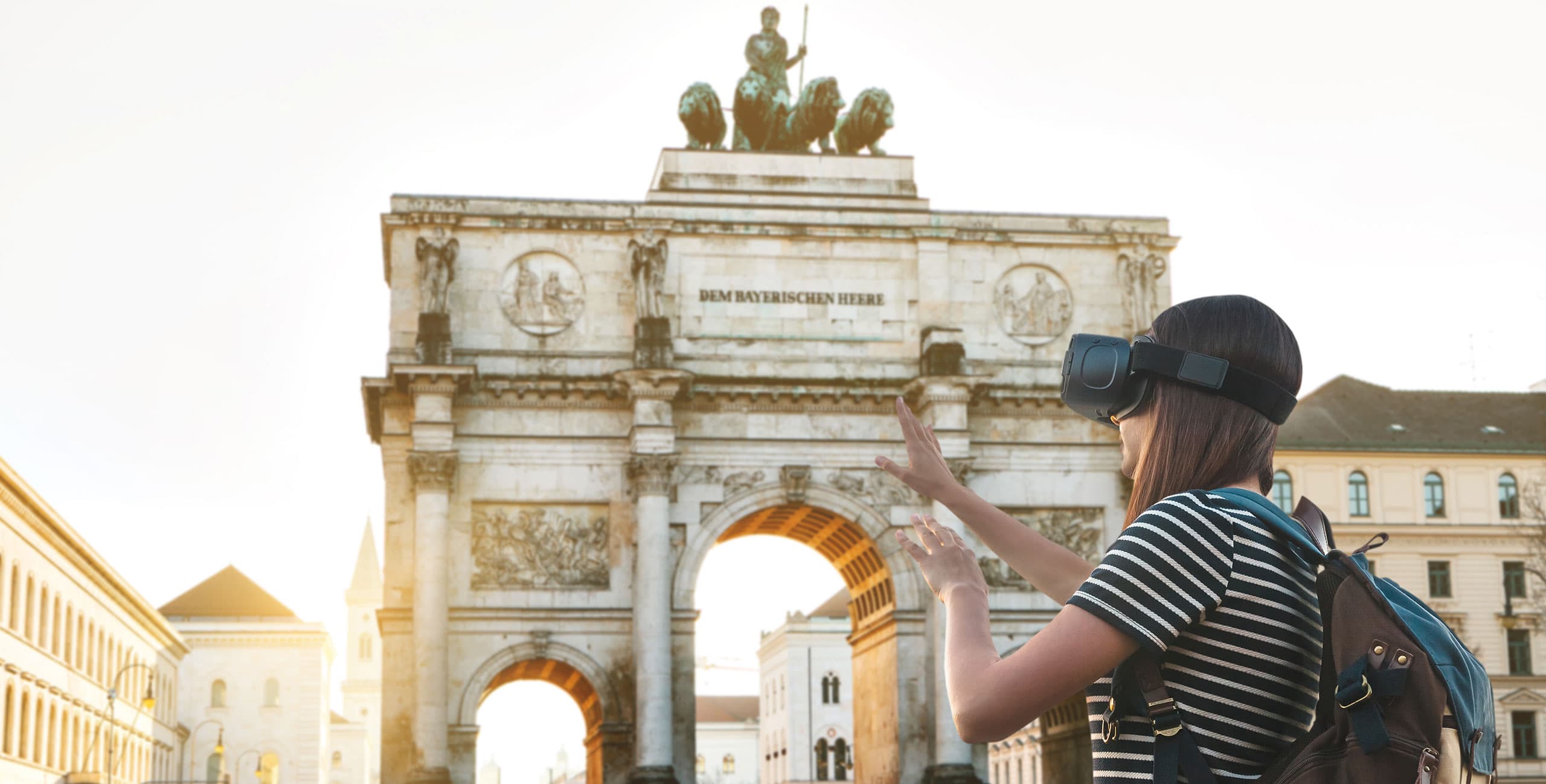
In the tourism industry, technology plays a growing role. The overall Internet use has exponentially expanded over the past 15 years, giving way to a prosperous information and trade environment. The new landscape has radically changed how destination tourism strategies operate by growing customer and supplier interaction while creating new selling opportunities. A new market is evolving that is becoming more and more competitive and accessible.
For years, visitors have been subject to high cost barriers. Standard print, television, radio and billboard were the main focus of marketing campaigns. As gatekeepers for destinations attempting to reach the travel market, tour operators and travel agents.
The development of the Internet has led to a new age in tourism marketing, with considerably reduced barriers to entry for the consumers. The cost-effective and efficient extension to traditional means to meet global target markets can be a correct application of new forms of the tourism marketing.
This rapidly developing environment needs, in addition to being in a position to produce successful messaging, an ICT infrastructure which provides fast, consistent access to the global information network. Business models need to be modified in order to better incorporate information flows. New technology and platforms also require expertise in their own technical areas–many of which differ in traditional marketing knowledge. This can put a considerable burden on emerging destination marketing strategies without capital or access to skills.

Recognizing this concept, World Tourism Forum Institute is designed to illustrate the elements of ICT-based tourism marketing that contribute to competitiveness for the destinations’ tourism industries. There are four key elements that WTFI implements to help destinations to have significant influence on ICT-based tourism marketing:
- The appetite for tourism and the growth of the internet are rapidly changing. Consumers are searching for customized and personally tailored marketing experiences.
- The digital marketing approach assists and incorporates the travelers through the whole travel process, includes content useful for the viewer, concentrates on an extensive experience and has measurable results, as well as other traditional marketing practices.
- A skilled workforce that excels at writing, editing, design, and analytics
- Strong ICT infrastructure with reliable and consistent Internet connectivity alongside affordable and accessible ICT hardware such as computers, smartphones, and WiFi routers.

